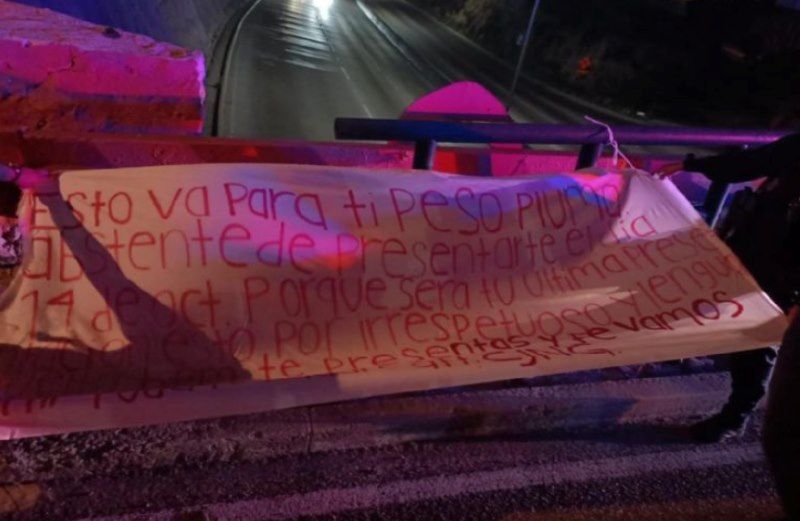Will Peso Pluma's Tijuana Concert Be Silenced by Narco Threats?
The upcoming concert of singer Peso Pluma in Tijuana has been thrown into uncertainty following explicit threats allegedly from the Jalisco Cartel. The case transcends individual safety, raising questions about public security, artistic freedom, and the ethical dimensions of entertainment.

In a disquieting revelation that seems pulled straight from the plot of a suspenseful crime drama, three threatening messages—known as narcomantas—appeared recently in Tijuana, targeting the singer Peso Pluma. The alleged source of these warnings is the Jalisco Cartel – New Generation (CJNG), one of Mexico’s most powerful criminal syndicates. The looming threat appears to be potent enough to be treated as a public safety issue, not merely a matter of individual concern.
The foreboding messages are chilling in their explicitness: “This goes for you Peso Pluma, refrain from performing on October 14 because it will be your last performance, this for being disrespectful and loose tongue. You show up, and we will break your whole mother. Att CJNG.” The text is charged with menace and seeks to instill fear, not just in Peso Pluma, but also in anyone associated with him or his concert.




